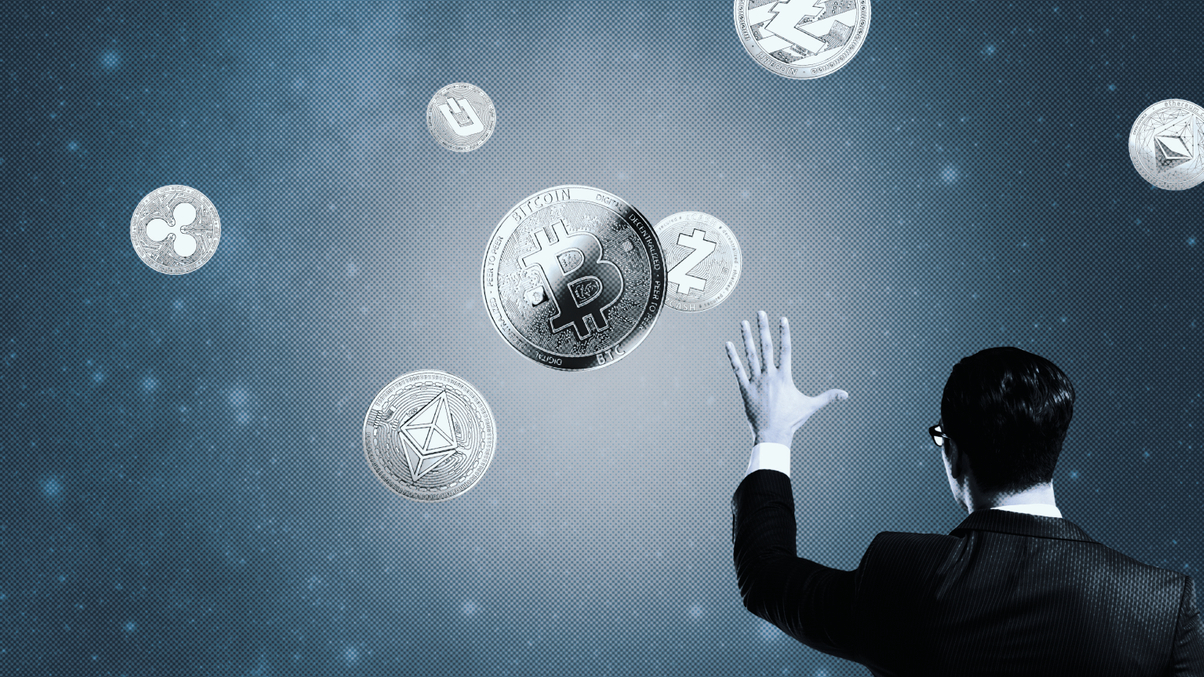Regulators focus on effective crypto rules
AsianInvestor’s recent coverage of crypto investing has focused on investors' own concerns about the potential risks. Regulators and rating agencies have also been expressing their opinions on how rule-making should proceed.

In 2008, a loose US regulatory and rating regime relating to collateralised debt obligations, credit default swaps and other esoteric securities led to the collapse of Lehman Brothers and brought global markets to their knees.
Sign in to read on!
Registered users get 2 free articles in 30 days.
Subscribers have full unlimited access to AsianInvestor
Not signed up? New users get 2 free articles per month, plus a 7-day unlimited free trial.
¬ Haymarket Media Limited. All rights reserved.


